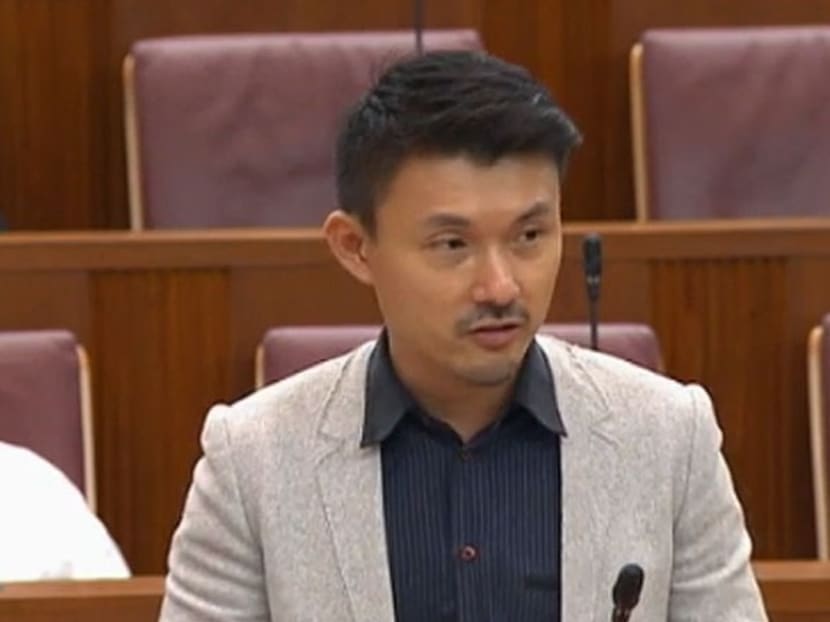Better structure and communication needed for Govt policies: Baey Yam Keng
SINGAPORE — The confusion over the Pioneer Generation Package has dissipated some of the goodwill created when it was announced, said Mr Baey Yam Keng in Parliament today (May 29). The Member of Parliament for Tampines GRC says this highlights the need for the Government to improve on how it structures policies and measures.
SINGAPORE — The confusion over the Pioneer Generation Package has dissipated some of the goodwill created when it was announced, said Mr Baey Yam Keng in Parliament today (May 29). The Member of Parliament for Tampines GRC says this highlights the need for the Government to improve on how it structures policies and measures.
The S$9 billion package for some 450,000 elderly Singaporeans means each of them could be eligible for up to S$20,000 worth of benefits. Mr Baey says this is a substantial sum, but he questioned if the Government could have come up with a scheme that was easier to understand so recipients would be clear about the benefits.
For example, he asked if providing blanket benefits such as free treatment at “C” or “B2” wards in government hospitals for 15 chronic diseases would have amounted to the same costs to the government.
Mr Baey said the current package provides for Medishield Life and Medisave top-ups, but the money spent may not be used by pioneer recipients. He also said there is valid concern that free treatments could be abused.
“Many times, our policies are watertight, so that we prevent people from taking advantage of the system. And the fact is that the people who abuse the system really are in the minority. But, by doing so, we are passing on the onerous requirements to the vast majority.”
Mr Baey also cited the Electronic Road Pricing (ERP) system as an example of how policies structured to minimise wastage and abuse consequently lose some intended effectiveness.
ERP charges vary depending on location, days of the week and time slots, as well as changing road conditions and even school holidays. Mr Baey questioned whether many drivers would plan their routes based on these changing charges.
Charges are also deducted automatically. All these factors result in two types of behaviour, Mr Baey said.
“One, people just drive wherever they need to, because they cannot be bothered and cost is immaterial to them. When this happens, the deterrent effect is lost. Two, motorists are so irritated, every time they pass by or see an ERP gantry, without knowing exactly what the ERP rate is,” said Mr Baey.
“Our ERP rates are so precisely calculated. Rightly so, because we are equitable — based on road space usage, based on number of entries,” he said. “But the problem is that the incremental charges and frequent adjustments are no longer effective in controlling road usage. Instead, disproportionate unhappiness builds up.”
Mr Baey urged the Government to consider setting up a behavioural insights team, similar to a team in the British government that applies academic research in behavioural economics and psychology to public policy and services. The insights and input of such a team will contribute to better policies and communication, he said. CHANNEL NEWSASIA







